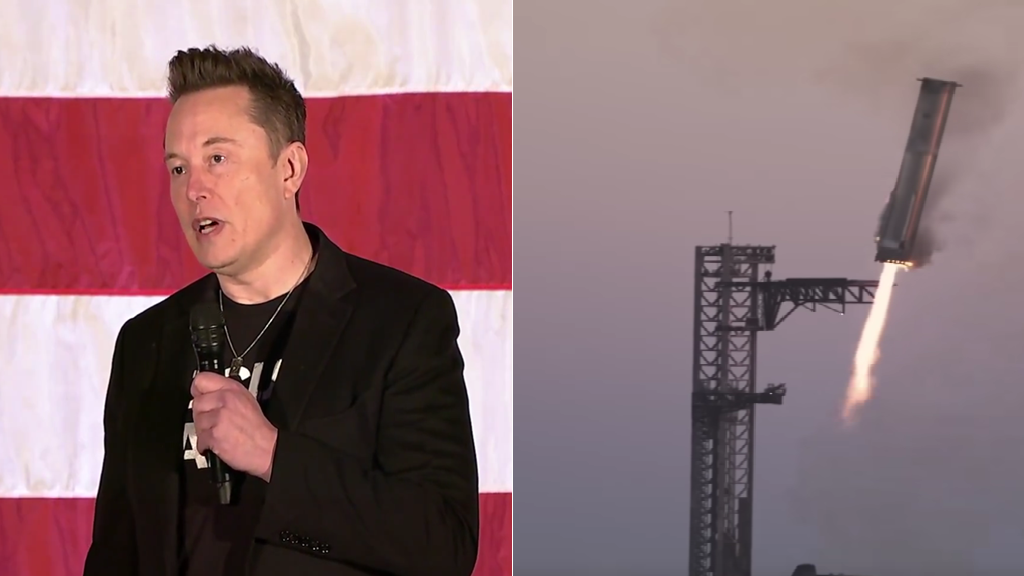In recent developments surrounding Taiwan’s manufacturing and geopolitical landscape, the Economic Affairs Minister, JW Kuo, has highlighted the delicate balance the government is attempting to maintain. Acknowledging the complexities involved, Kuo emphasized the importance of preserving strong ties between international companies and Taiwanese manufacturers, particularly in the face of short-term political pressures. This acknowledgment comes at a time when global supply chains are being reshaped due to geopolitical tensions, and Taiwan is at a pivotal crossroads.
Chin-Poon Industrial, one of Taiwan’s key suppliers, revealed that it has been urged to relocate part of its manufacturing operations to Thailand, a strategic move influenced by the current geopolitical climate. This request underscores a significant trend where Taiwanese companies are increasingly reassessing their manufacturing bases in light of regional tensions that could impact their stability and operational efficiency. By shifting some of their production capabilities to neighboring countries like Thailand, companies aim to mitigate risks linked to the ongoing international political landscape, ensuring continuity in their supply chains.
In addition to Chin-Poon Industrial’s move, other Taiwanese suppliers are also diversifying their manufacturing strategies by exploring new locations. Notably, Wistron NeWeb Corporation (WNC) and Universal Microwave Technology have taken proactive steps this year to establish a presence in Vietnam. This expansion can be attributed to similar geopolitical concerns, demonstrating a broader industry trend where Taiwanese manufacturers are seeking alternative locations to safeguard their operations amid escalating tensions in the region.
The strategic pivots by these Taiwanese firms can be seen as part of a larger narrative concerning the evolving dynamics of global manufacturing. As companies navigate the uncertainties posed by international relations, they are prioritizing diversification and risk management. Taiwan’s manufacturing sector is not only crucial to the local economy but also plays a vital role in global technology supply chains. Therefore, the decisions made by these companies will have implications that extend beyond Taiwanese borders.
In this context, the Taiwanese government, led by figures like JW Kuo, is tasked with balancing the economic imperatives of maintaining a robust manufacturing base while addressing the geopolitical pressures that influence those operations. The efforts to sustain relationships with major global players like SpaceX serve as a focal point for the government, illustrating the importance of international partnerships in fostering economic resilience. The ramifications of these strategies could potentially reshape Taiwan’s role in the global economic arena, prompting a reevaluation of how countries interact in the face of geopolitical challenges.
Ultimately, the movements of Taiwanese companies toward Thailand and Vietnam highlight the broader implications of geopolitics on international business. As firms weigh their options, the emphasis on adaptability and resilience in their supply chains becomes increasingly critical. The situation calls on both business leaders and government officials to navigate these complexities with foresight and strategic planning, ensuring that Taiwan remains an essential player in the global manufacturing landscape, even as geopolitical factors continue to evolve.

